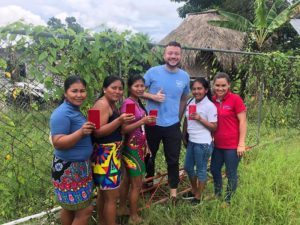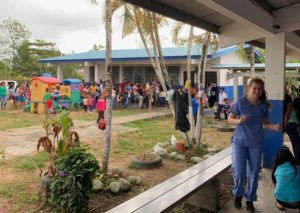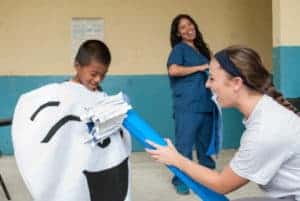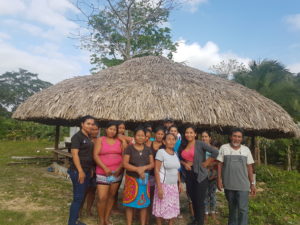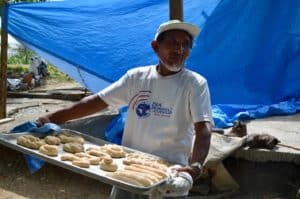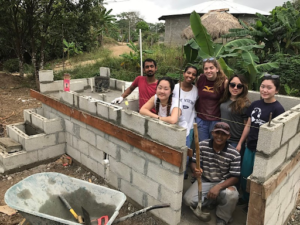HEALTH CARE ACCESS:
Even though Panama is a country with a lot of economic growth, this growth does not apply equally to all Panamanians, especially those in rural areas. This results in stark inequality when it comes to healthcare access. The Panamanian Ministry of Health (MINSA) provides two different types of health facilities throughout rural Panama: Centros de Salud and Puestos de Salud. Centros are the larger of the two, often found in municipalities, and typically have at least one physician on staff at all times with nurses and potentially a dentist. Puestos are found sporadically in rural communities and generally have a single nurse available.
Even with this coverage, the Centros frequently lack a full pharmacy and the staff capacity to see every patient each day. After walking long distances or paying for a bus, rural visitors to the Centros can expect long wait times given the limited staff and resources to meet the demand from all neighboring communities. The physician density in Panama remains around 630 people for every one doctor. According to the World Health Organization, there should be a maximum of 435 people per physician to qualify a country as having adequate access to medical attention.
The community of Curtí has a Puesto de Salud. The nearest Centro de Salud is in the town of Tortí, which is 25 minutes away by bus and costs $1 round-trip. The most common illnesses found throughout the community are the common cold, fever, and diarrhea. The children are especially affected by parasites. About 25% have pit latrines, but almost all are in the Latino part of the community while the indigenous traditional homes do not have sanitary latrines.


